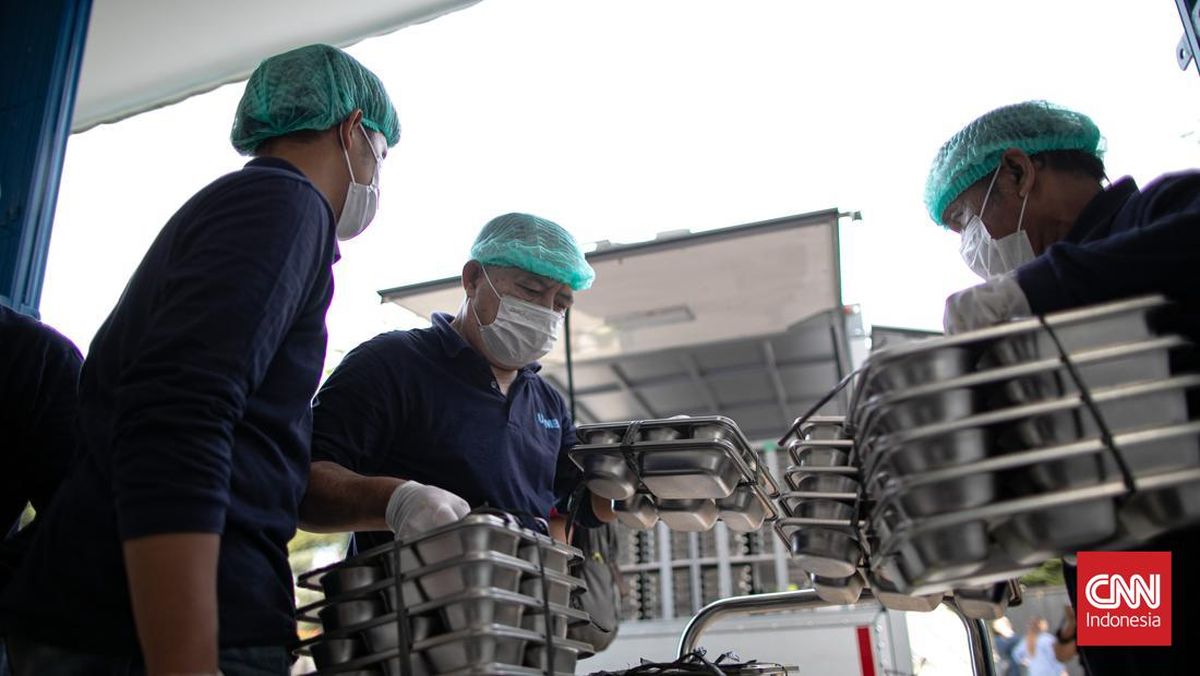Almost half of women in midlife experience poor sexual wellbeing, and women in perimenopause – typically in their 40s – experience twice the levels of sexual dysfunction as pre-menopausal women.
An Australian study believed to be the biggest of its kind to examine sexual function and sexually related personal distress in women aged 40-69 revealed a big increase in symptoms of female sexual dysfunction as women start the menopausal transition – known as perimenopause.

Women in their 40s, at the beginning of the menopause transition (or perimenopause) experienced a big jump in symptoms of sexual dysfunction compared with pre-menopausal women.
Symptoms of dysfunction included problems with sexual desire, arousal and orgasm. Low sexual desire (13.3 per cent), impaired arousal (13.1 per cent) and poor sexual self-image (12.8 per cent) were the most prevalent sexual dysfunctions.
The fact that 25 per cent reported poor sexual self-image without a physical dysfunction implied other factors in their lives were affecting their sexual wellbeing in their midlife.
Half of participants said they had “sexually related personal distress”, and women were more likely to be distressed by a sexual dysfunction if they were partnered.
Of the 29 per cent of women aged 55-59 who had low desire, only about half of them were distressed by it.
The authors of the Monash University study, published in The Lancet on Thursday, found that, contrary to the messages being promoted by some menopause influencers, the increase in sexual dysfunction causing distress among women in their 40s did not coincide with a drop in levels of testosterone in the blood.

Professor Susan Davis has published new research into mid-life sexual issues related to perimenopause.Credit: PENNY STEPHENS
Some international GPs and gynaecologists who have created brands as menopause influencers have promoted the idea that testosterone is vital for women’s vigour, vitality and sex drive, even before menopause.
The new research, Sexual Dysfunction in Women at Mid-life, examined the sexual wellbeing of a nationally representative sample of 5468 women aged 40-69 whose menopausal status could be verified.
Loading
It found one in four had a sexual dysfunction. In younger women in the study, the problems were not due to a drop in the sex hormone testosterone but more likely to other changes accompanying early menopause, said author Professor Susan Davis.
“We know perimenopause is a time when testosterone blood levels don’t change, so something’s going on that’s got nothing to do with testosterone,” said Davis, head of the Women’s Health Research Program in Monash’s School of Public Health and Preventive Medicine.
“Possibly, [the increase in sexual problems] is because women are starting to get vasomotor symptoms, hot flushes, and night sweats or poor sleep or mood changes in perimenopause.”
While there is good evidence that testosterone supplementation can improve libido for post-menopausal women, the fact that sexual difficulties were being experienced by women well before menopause suggested more support and other treatment options for women in their 40s were needed, Davis said.
Regulator-approved treatments for women’s sexual dysfunction were limited to low desire in pre-menopausal and menopausal women, but best-practice guidelines and treatments were needed for perimenopausal women were much needed, she said.
The hormonal fluctuations, especially of estrogen, during perimenopause were extremely complex, Davis said, and this early part of the transition has not been well studied.
“The importance of sexual wellbeing to overall health is often overlooked. One cannot dismiss the impact that sexual health has, not only on a woman’s intimate relationship, but most importantly on a woman’s general wellbeing,” Davis said.
The average age of menopause (the end of ovulation and periods) in Australia is 51, late perimenopause is considered the few years before it. The average woman goes into perimenopause in her mid-40s.
Associate Professor Magdalena Simonis, of the department of general practice at Melbourne University, said women’s relationships and pressures on them were among the other factors that could be affecting sexual self-image in their 40s.
“What are the pressures at work, how happy are they in themselves, how much sleep are they actually getting … [Desire and arousal] is quite complicated for women, sex happens in the brain,” Simonis said.

Dr Magdalena Simonis said desire and arousal are complicated for women, especially during perimenopause when other pressures also affect them.Credit: Simon Schluter
Body image during ageing was also an issue for some, she said, and some women in perimenopause also experienced physical conditions such as genito-urinary syndrome, which can cause problems with dryness, discomfort during sex and urinary tract infections.
Even women on systemic estrogen as part of menopause hormonal therapy might need topical estrogen treatment to address these problems, she said.
“We have to be really clear about asking women about these things in general practice, we need to normalise questions around sexual function,” Simonis said.
Loading
“It’s easy for a man to come and ask for Viagra or treatment for erectile dysfunction, they have a visible response that reflects their sexual capacity. For a woman, we don’t have anything we can measure it with … If you have unpleasant experiences and you don’t talk about it with your doctor, it can become a self-perpetuating cycle and you feel embarrassed about it.”
Women are less likely to bring up sexual dysfunction with their GP and may not realise there are things that can help.
Dr Sonia Davison, the endocrinology lead at Jean Hailes for Women’s Health, said Davis’ study provided “another piece in the puzzle” of establishing what happens for women in perimenopause, a period in which treatment is more complex than in menopause.
Davison, who studied testosterone in women for her PhD, agreed with Davis and Simonis that it was difficult to separate factors influencing women’s sexual wellbeing in perimenopause.
“It’s hard, because at that age they often have the care of young dependants and care of parents who are getting older, they’re at the peak of their careers, they’re feeling different because their hormones are going wacky, it’s often not easy,” she said.
“There’s no one solution. But kindness, support and care [will help].”
For some women who learn various factors can combine to affect their sexual wellbeing in midlife, “they are really just happy to find out there’s a reason”, Davison said.
Start the day with a summary of the day’s most important and interesting stories, analysis and insights. Sign up for our Morning Edition newsletter.
Most Viewed in National
Loading


















































